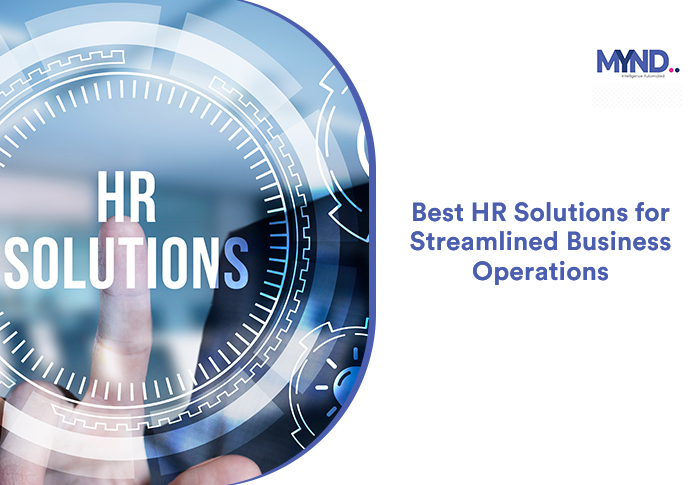A beginner’s guide to Labour Law compliance in India
 |
| A beginner’s guide to Labour Law compliance in India |
If you run
a business in India, labour laws are something you cannot ignore. From salaries
and working hours to safety rules and social security, there are many laws that
protect employees. These laws also help businesses stay fair and professional.
But keeping up with all of them? That is where things get tricky.
This guide
is for anyone who is new to labour compliance. We will explain the basics in
simple words. And if you are thinking of getting help, we will also talk about
how labour law compliance services
can make the process easier.
What is Labour Law compliance?
Labour law
compliance means following all the legal rules related to your employees.
These rules
cover things like:
- Minimum wages
- Weekly offs
and work hours
- Provident Fund
(PF)
- Employee State
Insurance (ESI)
- Gratuity
- Bonus payments
- Maternity
benefits
- Workplace
safety
- Contract
labour laws
These are
rules from both the Central Government and State Governments. Every business,
big or small, has to follow the ones that apply to them.
Why is it important?
If you
ignore labour laws, there can be consequences.
You might
face:
- Fines and
penalties
- Legal notices
- Trouble during
inspections
- Employee
complaints
- Even a
shutdown in serious cases
But when
your company is compliant, things work better. Your employees trust you more.
And your reputation stays strong. That is why many businesses today use labour
compliance service providers who can manage all of this personally.
Common labour laws you should know
Here are a
few laws that most businesses in India deal with:
- PF and ESI:
You need to register your employees under Provident Fund and Employee
State Insurance if your company has the required number of employees (10
or 20, depending on the law). You also have to submit contributions every
month.
- Minimum Wages:
Every state has its own minimum wage for different types of jobs. You must
pay at least that amount to every employee.
- Bonus and
Gratuity: You must pay bonuses to eligible employees once a year. Gratuity
is paid when someone completes 5 years in a company.
- Working
Conditions: There are rules about working hours, leave, overtime and
safety. You also need to keep proper records.
Why labour compliance is hard to manage
There are a
few reasons why businesses struggle with compliance:
- There are too
many rules
- Laws often
change
- Each state has
different rules
- You need to
file reports on time
- Keeping
records is time-consuming
- Small mistakes
can lead to big problems
That is why
many companies, especially startups and mid-sized firms, are choosing labour law compliances outsourcing. It
takes the pressure off their internal teams.
What does a labour compliance partner do?
A good
labour compliance services provider will handle everything for you. They make
sure your company follows that law every step.
This
usually includes:
- Registering
your company and employees
- Filing monthly
and annual reports
- Handling PF
and ESI returns
- Maintaining
registers and records
- Preparing for
audits and records
- Preparing for
audits and inspections
- Giving updates
on new law changes
Basically,
they make sure you do not miss anything.
What are the benefits of Outsourcing?
Outsourcing
your labour compliance has many advantages:
- Saves time: You
do not have to keep tracking new laws or deadlines
- Reduces risk:
Experts make sure you do not make legal mistakes
- Improves
focus: Your HR or finance teams can focus on their main tasks
- Cost-effective:
You don’t need to hire a full-time legal team
- Peace of mind:
You know someone experienced is handling it for you
At Mynd
solutions, we offer end-to-end labour law compliance services so you can stay
worry-free.
What to look for in a compliance partner
If you are
planning to outsource, make sure you choose the right partner. Here are a few
things to check:
- Do they have
experience in the industry?
- Are they
updated with state-wise laws?
- Do they offer
digital tools for reports and records?
- Can they
support you during audits or inspections?
- Do they
respond quickly if something goes wrong?
With Mynd
Solutions, you get a reliable team that handles your compliance across
locations. We offer flexible, scalable support, so whether you have 50 or 5000
employees you are covered.
Conclusion
Labour
compliance might seem complex, but it does not have to be stressful. If you are
just starting out, the best thing you can do is understand the basics and get
help early. When your business grows, these laws become even more important.
By working
with a trusted labour complianceservices provider, you protect your business from risk, support your
employees better, and keep your focus on growth, not paperwork.
At Mynd
solutions, we help businesses of all sizes stay compliant with confidence. From
registrations to inspections, we take care of it all.
Ready to make labour law simple? Let’s get started.



Comments
Post a Comment